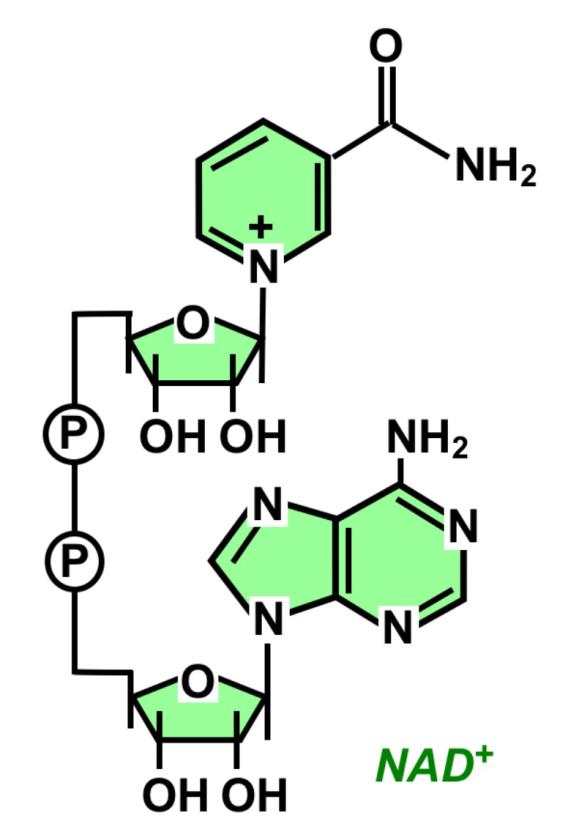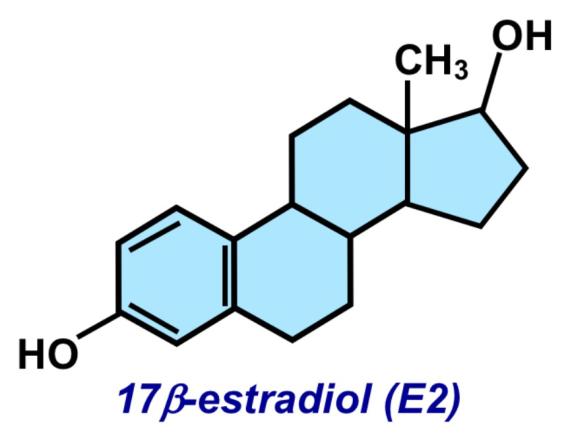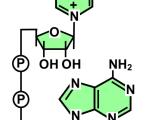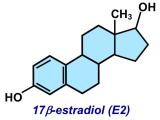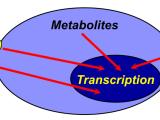Research Overview
The Kraus Lab is interested in the basic mechanisms of nuclear signaling and gene regulation by small molecules and how these signaling pathways relate to human physiology (e.g., reproduction, metabolism, cellular differentiation, and development) and disease states (cancers, inflammation, stress).
We have focused our efforts on two distinct, but likely related, nuclear signaling pathways: one controlled by estrogens—a class of steroid hormones—and another controlled by NAD+ —a metabolic cofactor whose signaling actions in the nucleus is only just beginning to be understood.
The coordinated regulation of gene expression in response to intrinsic and extrinsic cellular signals is a fundamental process in biology. The Kraus Lab is combining the most powerful techniques from modern biology, as well as the physical and computational sciences, to address specific mechanistic questions that will yield an in-depth understanding of the molecular basis of signal-regulated gene expression.
Our interdisciplinary approach has led to new information about the connections between hormone-regulated gene expression and the gene-regulating effects of chromatin, which has implications for understanding and treating breast cancers. Furthermore, our most recent work has led to some surprising new conclusions about the activity of an NAD+-regulated nuclear factor, poly(ADP-ribose) polymerase-1 (PARP-1), connecting cellular NAD+ levels to nuclear signaling, chromatin structure, and gene expression.
